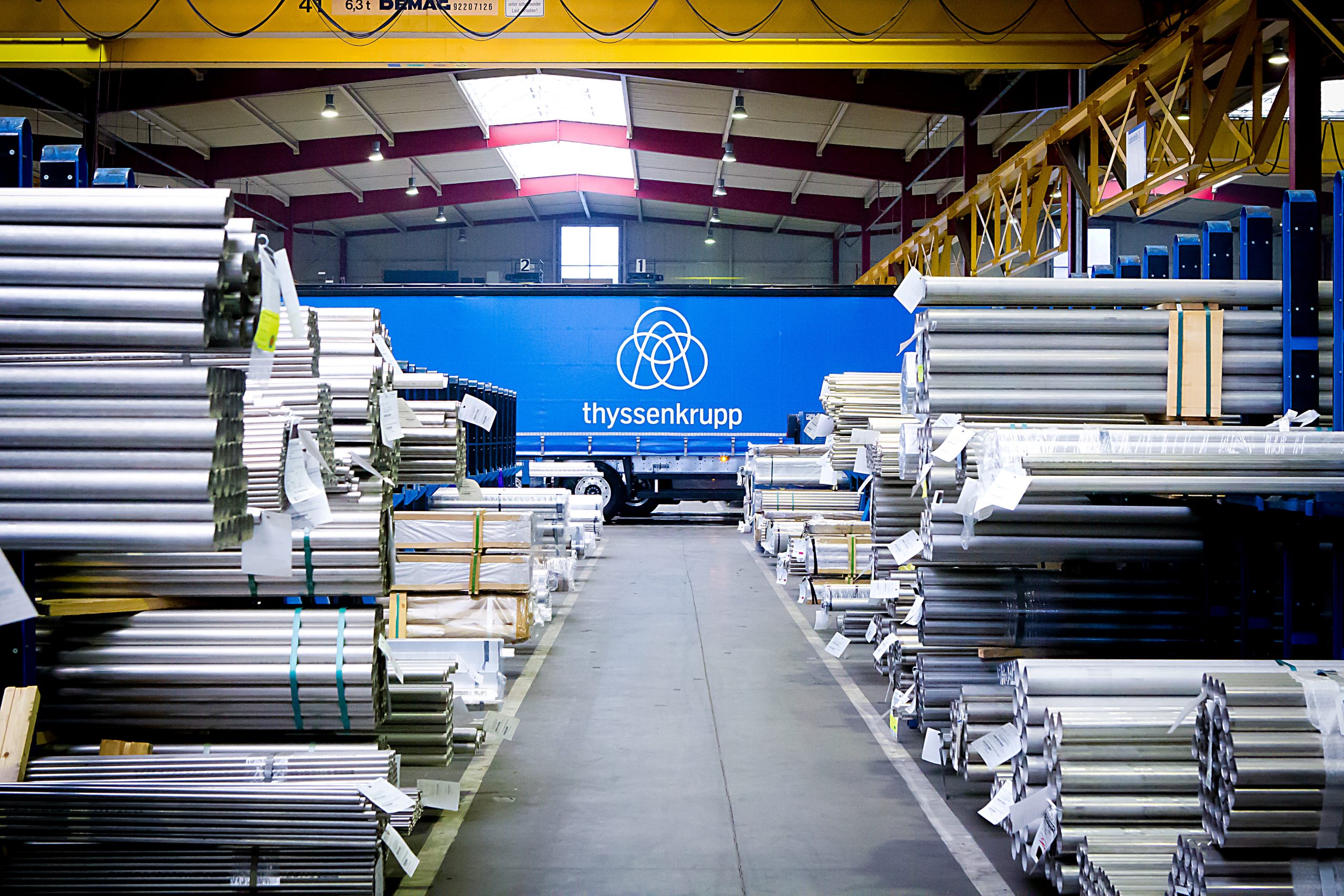thyssenkrupp group is optimistic that it will translate the steel market’s peaking spot prices into its long-term contracts with its major customer industries.
The steel unit of the German group does business mainly on annual and other long-term contracts, as its high-grade strip products address the automotive and white goods industries.
“We operate on a different rhythm than our competitors. Spot business accounts only for 10% of our total,” group cfo Klaus Keyberg said during a conference call attended by Kallanish. “The positive effect on earnings will come. We’ll just see it later than our competitors.”
“This is a good thing, but our long-term contract structures mean there is a delay in increased raw material and steel prices feeding through to our revenues and earnings,” he explained. The delay of spot prices tracing through is between 6-12 months, he detailed.
Carmakers lately reported extraordinary profits, which makes Keysberg “intuitively” optimistic that the higher prices can be adequately implemented in the ongoing negotiations.
“We have the dynamics of the market, as we have the demand – carmakers could sell more cars than they are able to produce,” he said. He did not comment on the question of a call participant, if the outcome figure could include an extra “cushion” that goes beyond the spot prices.
The group’s steelworks has temporary production restrictions due to the relining of blast furnace 1 initiated in Duisburg in the third quarter and planned to be completed in mid-September. This measure was due at this time and could not be postponed, Keysberg reiterated. He conceded that the measure brings a production loss, which he assessed with “a low six-digit figure,” leaving unclear whether he meant revenue or tonnage.
Christian Koehl Germany






